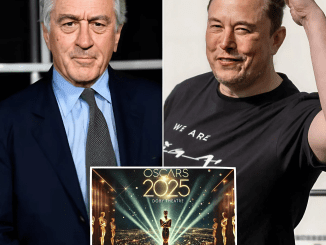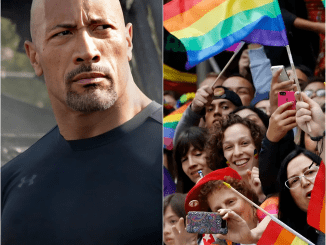Elon Musk, renowned for his ventures in technology and space exploration, has embarked on a new mission: the cancellation of ABC’s “The View.” This unexpected endeavor has polarized audiences and ignited debates nationwide.
Musk’s criticism centers on the show’s alleged promotion of divisive rhetoric. Utilizing his social media platform, X, Musk has mobilized his vast follower base, encouraging them to support his cause against the talk show.

Proponents of Musk’s initiative argue that “The View” often presents one-sided opinions, lacking the diversity of thought essential for constructive discussions. They believe that holding media entities accountable is crucial in an era where information shapes public perception.
On the other hand, opponents argue that Musk’s actions verge on censorship. They stress the significance of maintaining a media environment where varying opinions can coexist, warning against the dangers of silencing voices based on disagreement.

The hosts of “The View” have addressed the controversy, defending their platform as a space for robust debate and the exchange of ideas. They assert that differing viewpoints are integral to the show’s identity and its contribution to societal conversations.
This incident raises pertinent questions about the influence of powerful individuals on media freedom. Musk’s involvement exemplifies the complex relationship between technology magnates and traditional media, highlighting the potential impact of personal beliefs on public platforms.
As discussions continue, the balance between critiquing media practices and preserving freedom of expression remains a focal point. The resolution of this controversy may set precedents for how society navigates conflicts between influential personalities and established media institutions.



